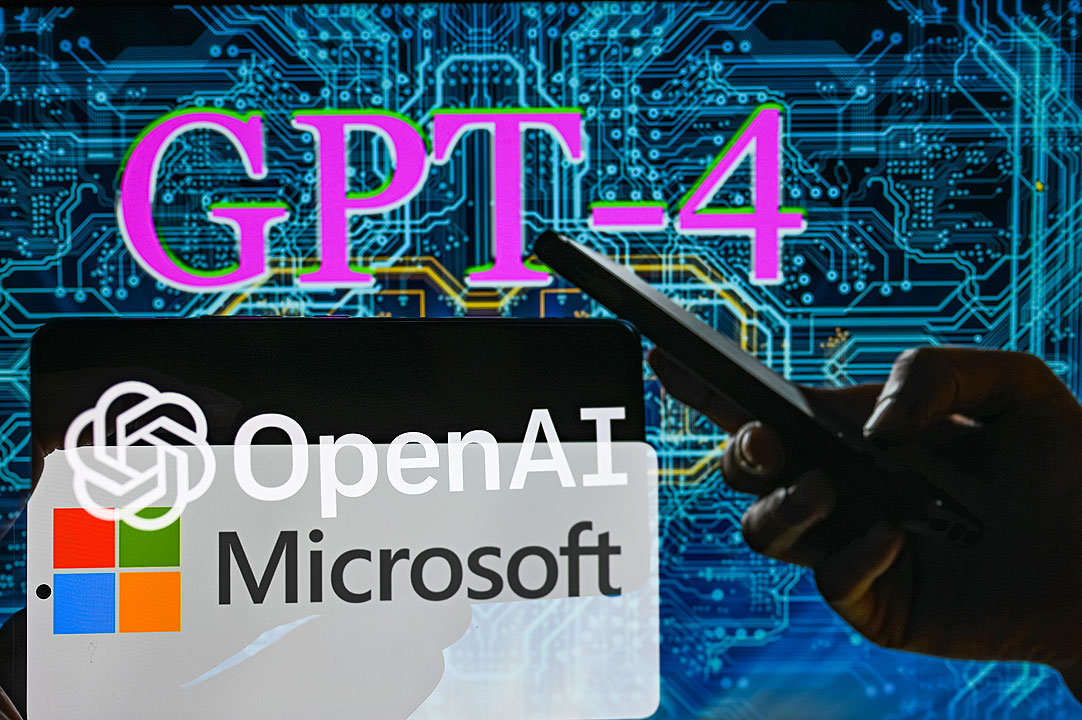AI may help boost PHL economy by $90 billion

THE PHILIPPINES should take advantage of the opportunities presented by artificial intelligence (AI), which has the potential to contribute as much as $90 billion to the economy in the next seven years, a Microsoft Corp. executive said.
“The possibilities that AI present the Philippines are many and exciting. According to the Department of Trade and Industry’s (DTI) predictions, it will be contributing as much as $90 billion to the country’s economy by 2030,” Peter Maquera, Microsoft Asia Pacific chief executive officer for Philippines, said during the BusinessWorld Economic Forum 2023 at the Grand Hyatt Manila in Taguig City on Thursday.
Microsoft invested in OpenAI, which developed ChatGPT — a generative AI technology.
Mr. Maquera said the tech giant will release a study on AI’s impact on the Philippines next week.
“The spoiler for you is we think it’s a 20% uplift on our economy if we are all going to work together and leverage this capability,” he added.
Mr. Maquera said some of the potential business involving AI includes content generation, summarization, code generation, and semantic research.
“This technology is alive today and so too are the potential benefits we can already attain. Microsoft is committed to helping the Philippines realize this potential for organizations and individuals to drive greater and more inclusive economic prosperity for all,” he said.
Information and Communications Technology Secretary Ivan John E. Uy said the evolving technology is shaping the way companies do business, adding that organizations should be open to using information technology (IT) in their operations.
“Technology is here to stay no matter what, and it will keep on improving. This is why organizations would have to embrace and include IT in their operations and planning, or they will risk getting left behind by their competitors,” Mr. Uy said in his keynote speech at the forum.
Riccardo Puliti, International Finance Corp. regional vice-president for Asia and the Pacific, said the Philippines is on the right track in terms of its digitalization efforts.
“The government has prioritized digitalization and financial inclusion in its policy agenda. Digital payments are widely encouraged and are now mandatory for vendors to government agencies,” Mr. Puliti said in a recorded speech.
“The pandemic underscored how digital connectivity can be essential for access to good quality education, healthcare, daily work, and essential public services,” he added.
Meanwhile, McDonald’s Philippines Managing Director Margot Torres said companies’ digitalization efforts should focus on improving the customer experience.
“No matter how groundbreaking your technology is, if your employees and consumers cannot adopt it, it will only remain an idea,” she said.
Bain & Company Partner Yukiko Tsukamoto said companies should know their customers by collecting the right data.
“You need to know about your customer. Then you change how your organization works. A lot of conventional companies work up to the fact that the way they were doing things wasn’t working anymore,” Ms. Tsukamoto said.
“Change is really difficult, but I’ve seen companies do it well,” she added.
In his welcome remarks, BusinessWorld President and Chief Executive Officer Miguel G. Belmonte said digital technology could help improve struggling sectors and address key issues hampering the country’s development.
“Digital technology can play a role in revitalizing long struggling industries such as agriculture and address critical concerns such as food security, transportation, and logistics. The potential is there for the Philippines to utilize these technologies to not only drive business but make Filipino lives better,” he said.
Integrating sustainability with digital transformation strategies is now the “name of the game” for companies, he added.
“Digital technologies are increasingly crucial in creating a more efficient, productive, and sustainable future due to their capacity to help companies accomplish and meet demands while also reducing energy costs and the company’s carbon footprint,” he added. — R.M.D.Ochave



